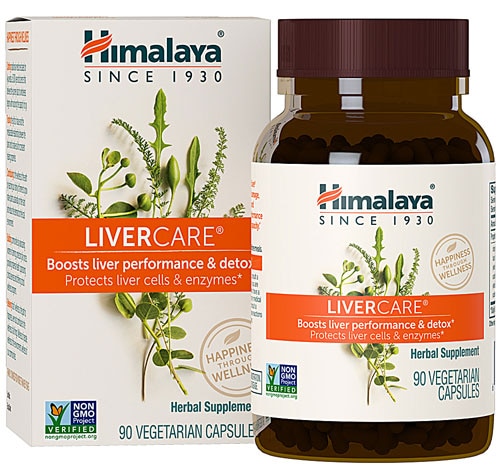Most people know that the liver does a lot to keep us healthy every day, but did you know that this extraordinary organ performs about 500 vital functions constantly? While you might not give much thought to things like red blood cells and hormones, or your body’s ability to convert beta-carotene into vitamin A, your liver is on it—and you should be thankful! Without it, you would not survive.
Likely best known for its role in detoxification, the liver also plays a part in the wellness of many other body systems. Seasonal wellness, for example, is just as much the liver’s responsibility as other parts of the immune system!
What role does the liver play in immune health?
The liver plays a big part in keeping us well during the fall and winter months by supporting the immune system, which consists of a complex series of defenses.
Innate immunity is half of the equation. It involves a non-specific defense strategy that aids your body through a set of barriers. Mucous, tears, saliva, body temperature, PH of the blood, breathing, excretion of waste products through digestion—all are physical barriers that play a part in defense.
The other half is adaptive Immunity. Adaptive immunity is a very specialized and specific strategy of defense. It’s partially a game of memory, and partially a sneaky disguise our cells can use to trick the opponent to take himself out of the game.
The liver’s role in innate immunity:
- Channels in the liver contain cells called Kupffer cells. These cells break down used red blood cells so that new ones can deliver oxygen to our tissues.
- The liver produces NK (natural killer) cells which induce apoptosis (cell death) to cells that have outlived their function.
The liver’s role in adaptive immunity:
- The liver manufactures antigen-presenting cells. These cells hold up pieces (antigens) as if to say “Hey! Do you recognize this guy? Get a good look and don’t let him get through next time!”
- Certain blood supply channels in the liver can take the antigen-presenting cells and present them to the T cells to make copies for recognition through the whole body.
- Liver T cells have the job of taking out targeted cells.
The more you learn about your liver and its dedication to your health, the more you’ll want to take better care of it. How can this be done? Being actively involved in liver health starts with supporting the liver on a daily basis. Here are a few ways to ramp up your efforts:
Daily support strategies
To have a strong set of obstacles in place, you need the proper tools to build them. Here are some great building blocks from a nutrition standpoint to help the liver’s defense strategy.
Water
It’s well-known that water is essential for life. In fact, it makes up about 60 percent of the adult human body. As far as the liver’s role in immunity is concerned, water plays an important part. First, it helps with making stronger barriers. Remember the innate immune system? Physical barriers are strengthened when we have adequate amounts of water in our bodies. Mucous membranes are much more reliable when they are moist and hydrated. So buckle down and drink that water!
Greens
Kale, broccoli, spinach, parsley, cucumbers (with silica-rich skin intact) all contain an abundance of vitamins C and A, minerals such as potassium and iron, plus a ton of antioxidants. Broccoli is especially beneficial, with its sulphur compounds that help support normal detoxification in the liver. Be sure to make these foods part of your diet daily.
Sleep
The body’s normal rhythms operate with a delicate balance. According to Ayurveda, the peak time for liver function at night is between 10 p.m. and 2 a.m. It’s best to be sleeping during that time period so the liver can assemble its intricate matrix of defenses. Going to sleep earlier and on a schedule promotes wellness on every level. Turn off the TV, put down the phone and let your liver get its job done!
Herbs
For thousands of years, people have found support for wellness in our environment, including utilizing herbs for benefits. Herbs are a type of food. They provide antioxidants that you might not be getting in other foods you eat every day.
When is the last time you ate chicory for lunch? Probably never. And it’s too bad, too, because chicory is helps support normal production of bile in the liver.* While you might not think of bile – a not-so-appealing, yellow-green digestive liquid – often, it’s actually quite important in alkalizing the small intestines and making digestion possible.
Another herb, arjuna, is traditionally known for supporting your liver’s fighting capacity.* Revered as THE herb for cardiovascular support in Ayurveda, it has a rich history of stories, one especially famous depicting a warrior named Arjuna who faced the epic battle of a lifetime. As an herb, arjuna has been used for thousands of years to promote normal circulation of the blood and support liver and cleansing functions.*
Now that you know what part the liver plays in immune health, use these tips every day to support it! For more information on the herbs mentioned here, visit www.himalayausa.com/herbfinder.
Article by Andrea Nelson, educator for Himalaya Herbal Healthcare.
*These statements have not been evaluated by the Food and Drug Administration. These products are not intended to diagnose, treat, cure or prevent any disease.




